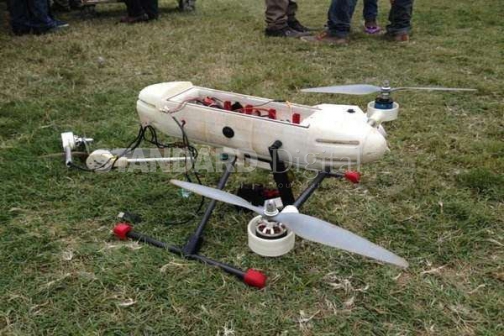
During a recent conference at the University of Nairobi, Bidco CEO Vimal Shah brought up possibility of printing a pizza in future. Imagine going to buy a pizza where you start on the computer screen; decide on the ingredients, size, toppings and then print it. Though some took it as a joke, that is where the future lies.
Every so often, we get innovations that change the way we relate and work. Facebook changed the way we relate, the computer the way we work. From our houses to work place, innovations and its key conveyor-technology have changed our lives. Strangely, with all the technology we work more and hustle more. Was the rest promised by technology an illusion?